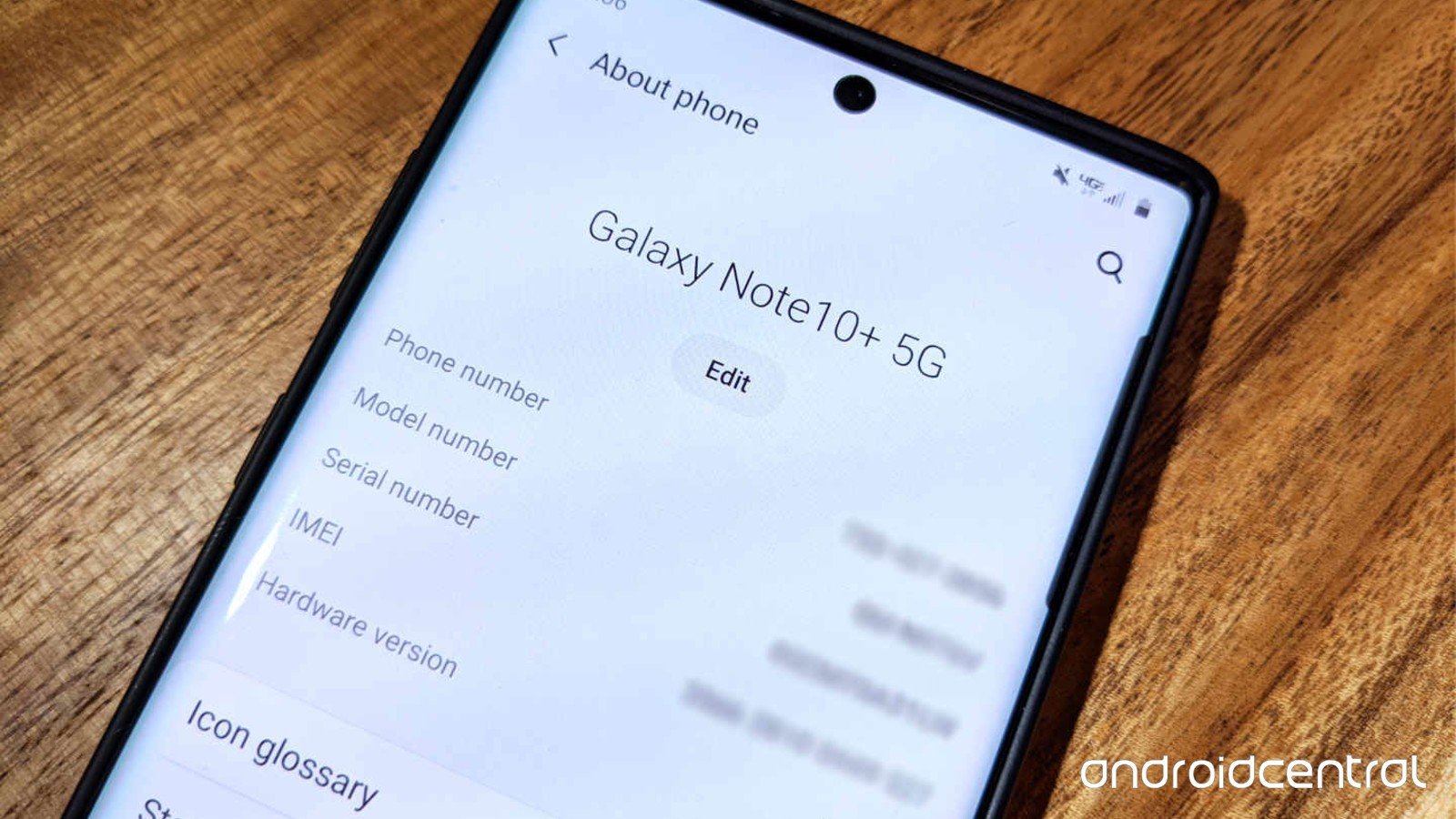Two weeks after the Nigerian Communications Commission (NCC) said it had issued 54 million people their national identity numbers, it is in the process of deploying a Device Management System (DMS).
The NCC said in a statement, “To curtail the counterfeit mobile phone market, discourage mobile phone theft, enhance national security, protect consumer interest, increase revenue generation for the government, reduce the rate of kidnapping, mitigate the use of stolen phones for crime, and facilitate blocking or tracing of stolen mobile phones and other smart devices, one of the means to achieve this is through the deployment of Device Management System.”
“The implementation of a Centralised Equipment Identity Register otherwise known as Device Management System will serve as a repository for keeping records of all registered mobile phones’ International Mobile Equipment Identity and owners of such devices.”
Despite the government hinging the policy on fighting insecurity, there are privacy concerns that the government can easily abuse access to such data.
Does this new requirement infringe on privacy?
As of March 2020, Nigeria was one of eleven countries with mandatory biometric SIM registration laws. One of the arguments against compulsory registration is that it allows the government to track SIM card owners and makes it easier to track calls and messages.
A Device Management System will take this step even further, allowing the government even more access to what should be private information. While the argument from the government is that it improves security, there’s the risk that the government can spy on its citizens.
Generalized surveillance in countries like Nigeria with weak security agencies controlled by the executive can become police states where opposition leaders can be tracked and arrested. But with the rise in crime in Nigeria in the past year, it is easy to understand the government’s argument.
Does the government’s argument make sense?
In a 2016 paper, “complete mobile phone registration has many generalised benefits to the society especially in combating crime.”
With increasing reports of kidnappings taking place around the country, a centralised registry may help to find bad actors even quicker, and it could help combat the sale of stolen phones. When there’s a central registry for IMEI, the police could identify the owners of lost and stolen phones thousands of times daily.
A critical part of this paper argues for a central database of mobile phones that law enforcement agencies presumably can access. Yet, it is this central assumption that still provides a problem.
Whether Nigerians trust that the government will not abuse access to such critical information remains to be seen.
*An earlier version of this report stated that the NCC asked telcos to register the IMEI numbers of their subscribers; the NCC has now clarified its position



















